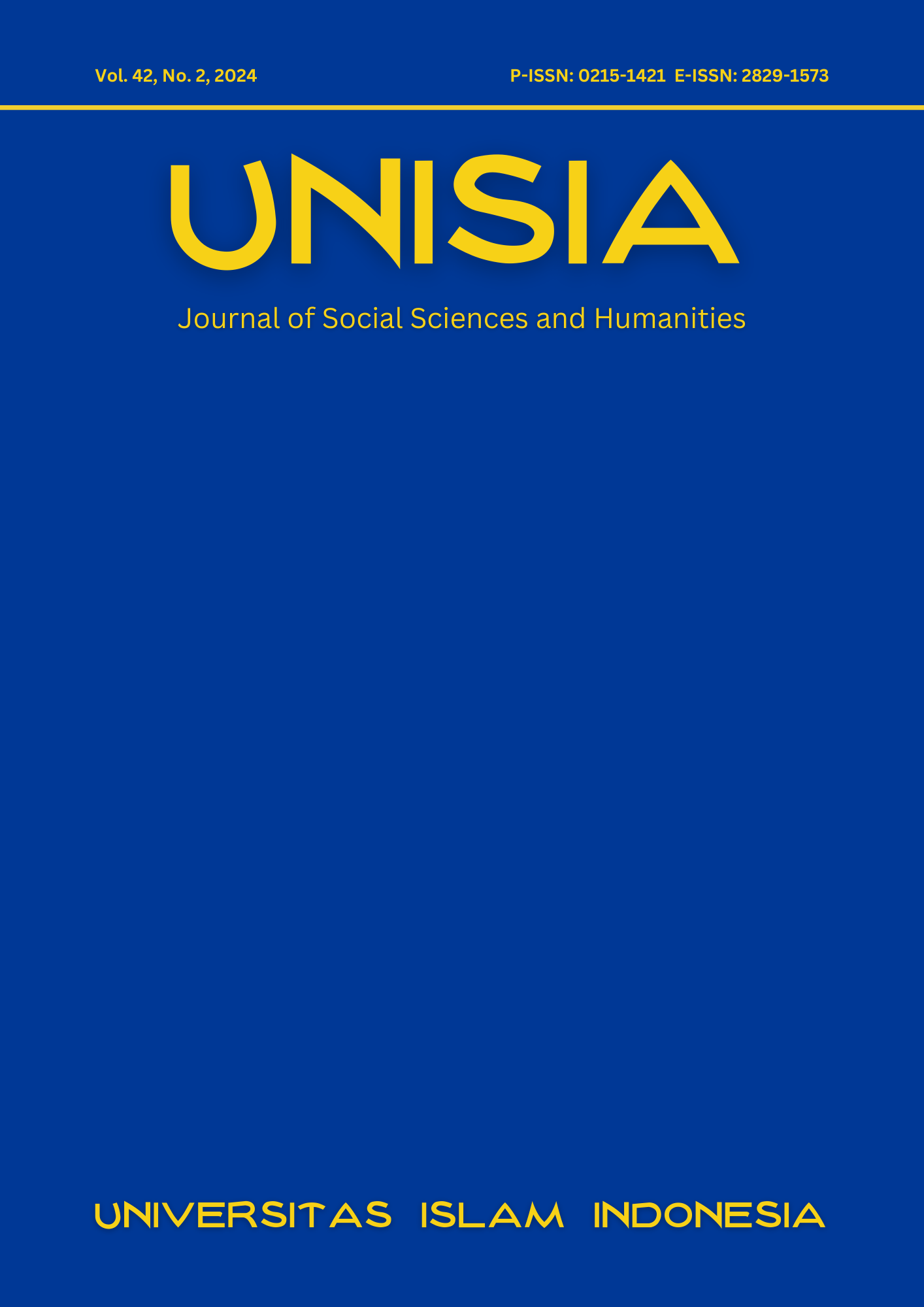Main Article Content
Abstract
Health workers are under high pressure to carry out their work. This results in physical and mental fatigue. One is the non-achievement of psychological well-being and decreased performance in health services. To overcome the decline in psychological well-being, complementary therapy in the form of Spiritual Emotional Freedom Technique (SEFT) is needed. SEFT is a therapy that combines psychological energy and spiritual power by using a tool in the form of tapping on the body. This study aimed to determine the effectiveness of SEFT therapy in improving the psychological well-being of health workers. This study used an experimental design, a Non-randomized Control Group Pretest-Posttest Design involving 30 health workers. The results showed that the experimental group who received SEFT intervention experienced increased psychological well-being compared to the control group who did not receive intervention treatment. Based on the results of the Wilcoxon test for pre-test and post-test in the experimental group, it can be concluded that SEFT is effective for improving the psychological well-being of health workers. Other variables such as personality, age, and environment are recommended to be controlled in future studies.
Article Details
Copyright (c) 2024 Sertiana Dwi Windyaningrum , Fuad Nashori

This work is licensed under a Creative Commons Attribution-ShareAlike 4.0 International License.
- Authors retain copyright and grant the journal right of first publication with the work simultaneously licensed under a Creative Commons Attribution License that allows others to share the work with an acknowledgement of the work's authorship and initial publication in this journal.
- Authors are able to enter into separate, additional contractual arrangements for the non-exclusive distribution of the journal's published version of the work (e.g., post it to an institutional repository or publish it in a book), with an acknowledgement of its initial publication in this journal.
- Authors are permitted and encouraged to post their work online (e.g., in institutional repositories or on their website) prior to and during the submission process, as it can lead to productive exchanges, as well as earlier and greater citation of published work.




